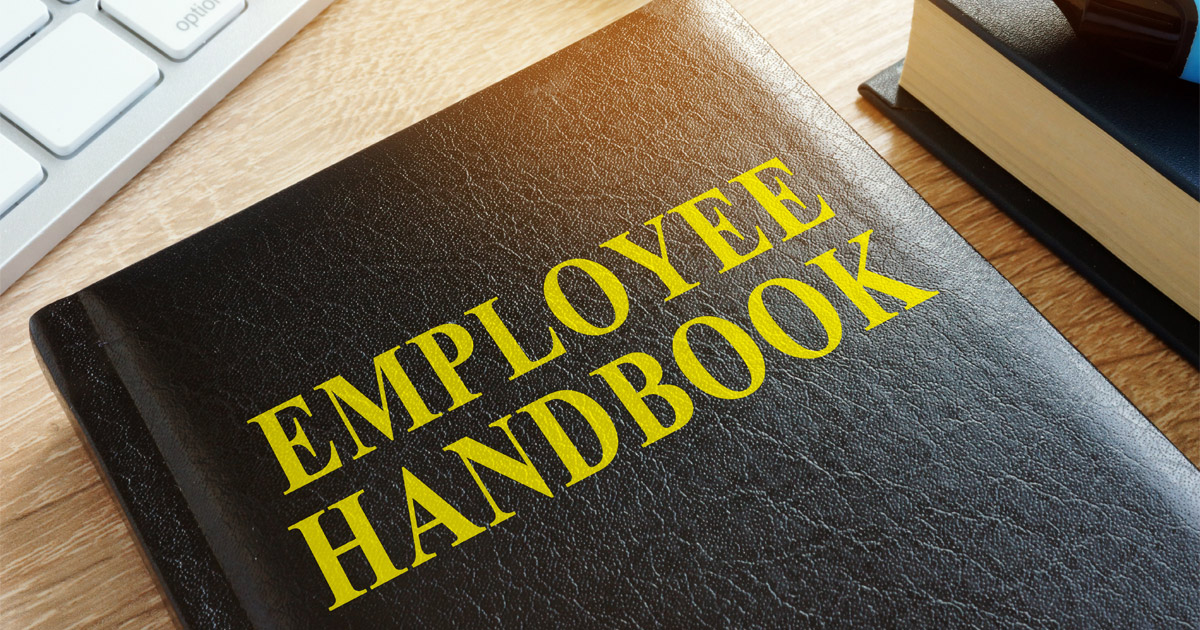What Should Employers Know About Hiring Seasonal Workers?

Many employers rely on seasonal labor to meet fluctuations in business activity. In the summer, industry sectors hiring seasonal workers include hospitality, landscaping, agriculture, travel, and recreation. Employers with seasonal workers can help ensure legal compliance by understanding the ways in which the temporary nature of seasonal employment impacts the employer-employee relationship.
How Does the Employer-Employee Relationship Change?
When a business hires an individual for seasonal work, the expectations of both employer and employee change in several ways. First and foremost, the employer approaches the employment agreement with the understanding that the demand for work is temporary. Whether it is a 12-week summer camp or a field of crops to be harvested, when the work or time period is complete, the seasonal worker will be terminated.
Aspects of traditional permanent employment, including promotions, raises, and building a career path are typically not part of the expectations of employers or employees. Ideally, the seasonal employee understands this as well. Employers should be clear when explaining to workers the nature of their work and when they can expect it to end. Setting false expectations regarding raises or permanent positions can lead to problems.
What Employer Responsibilities Remain the Same Regarding Seasonal Workers?
Most employment laws that protect the rights of permanent employees also apply to seasonal workers. The following employer responsibilities remain the same regarding seasonal workers:
- Providing a safe workplace. The Occupational Safety and Health Act of 1970 (OSHA) requires employers to provide hazard-free workplaces that are free of known dangers that could harm their employees.
- Classifying workers appropriately. Employers may be tempted to misclassify temporary workers as independent contractors to avoid paying payroll taxes; doing so may violate standards set by the Internal Revenue Service.
- Paying overtime. Under the Fair Labor Standards Act (FLSA), employers must pay time-and-a-half for any hours worked in excess of 40 in a given workweek.
- Protecting workers from discrimination. Title VII of the Civil Rights Act, as well as state laws in Pennsylvania and New Jersey, prohibit workplace discrimination on the basis of race, color, religion, sex, and national origin. The Americans with Disabilities Act (ADA) also protects workers with disabilities.
- Providing health care. The Affordable Care Act (ACA) requires employers to provide health care benefits to employees working more than 30 hours per week for more than 120 days.
There are certain exceptions for agriculture and family-owned businesses. The Department of Labor offers guidance to employers of seasonal workers regarding overtime pay, meal breaks, youth employment, and hazardous occupations.
Special Considerations for Agricultural Workers During the Pandemic
The spread of COVID-19 raises additional concerns for employers of seasonal farm labor. To help protect the health of agricultural workers, the state of New Jersey issued the following guidelines:
- Workplace and housing safety: Workers must wear employer-provided face masks at all times in the presence of others.
- Social distancing during work time:Employers need to promote social distancing and offer staggered shifts.
- Sanitation:Employers are to disinfect high-touch areas.
Additionally, employers must screen workers for COVID-19 symptoms prior to work shifts. Workers exhibiting symptoms must be separated from other workers and be seen by a physician.
Sidkoff, Pincus & Green P.C. are Employment Attorneys in Philadelphia That Offer Experienced Counsel Regarding Employment Issues
The relationship between employers and employees is subject to a myriad of state and federal laws. Seasonal workers are covered by most of these laws, even though they are temporary employees. Sidkoff, Pincus & Green P.C. are employment attorneys in Philadelphia that help businesses and workers navigate the legal landscape of employment law. Contact us online or call us at 215-574-0600 for an initial consultation today. Located in Philadelphia, we serve clients throughout Pennsylvania and New Jersey.















